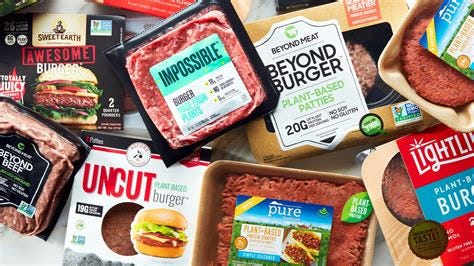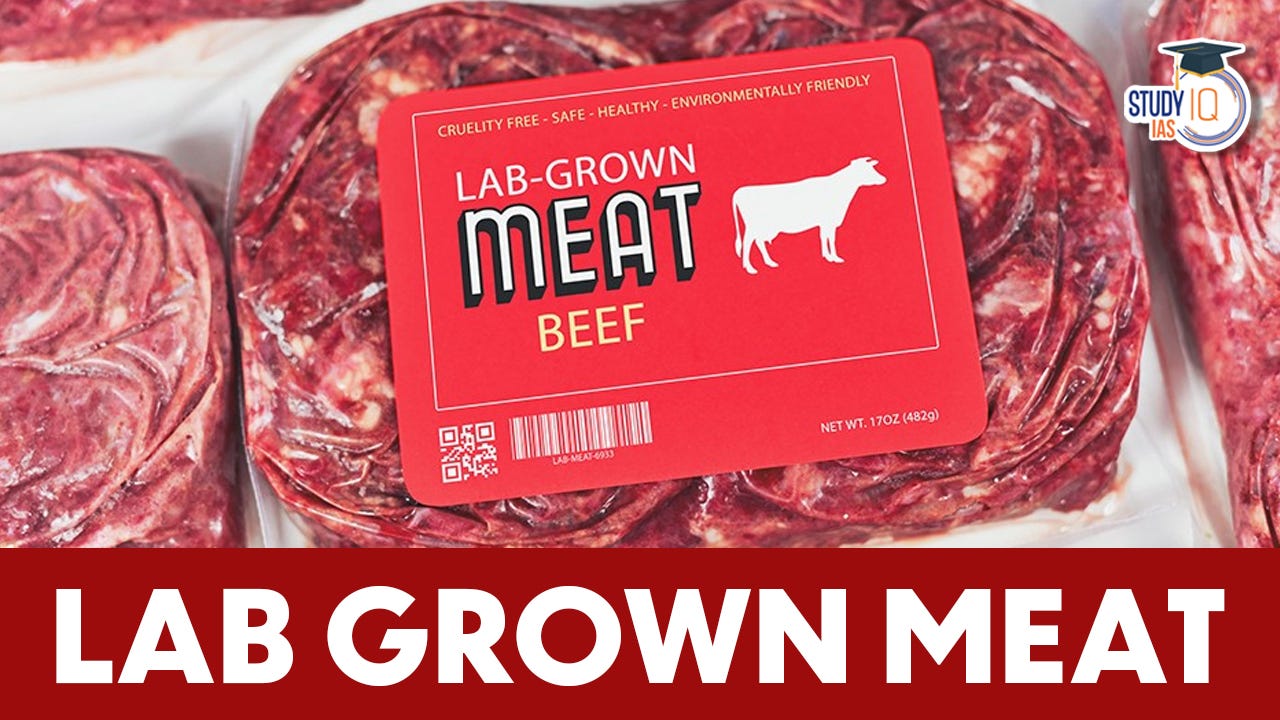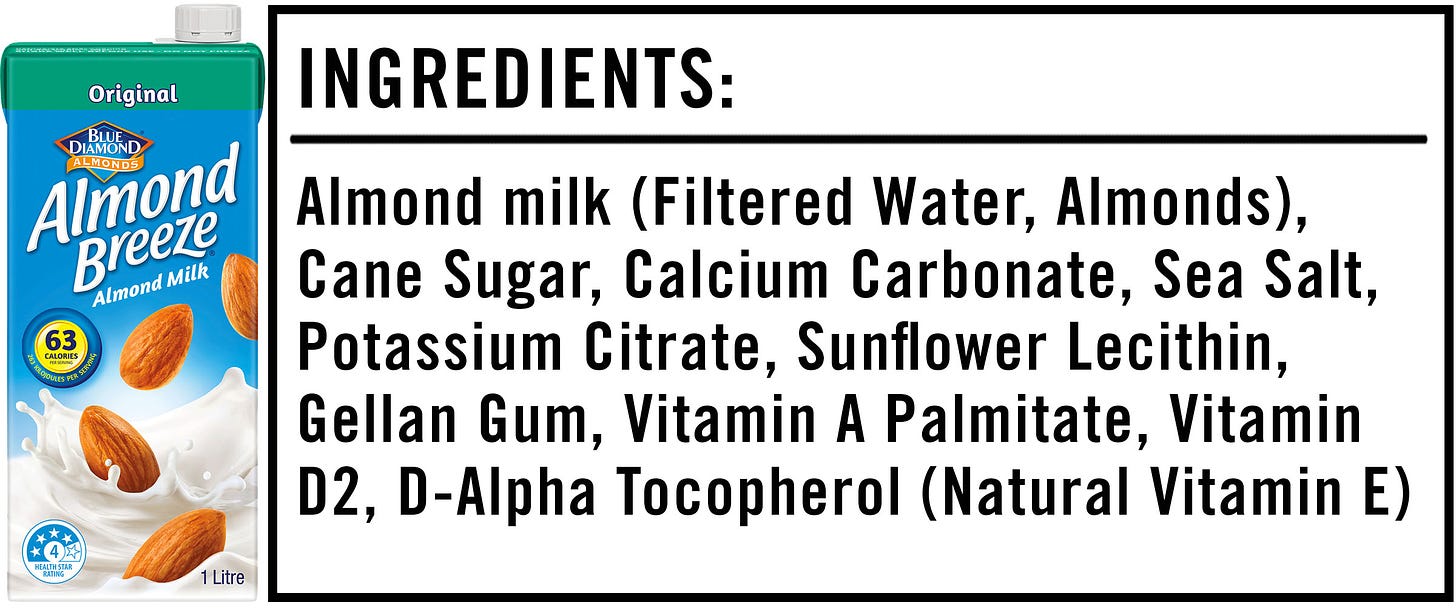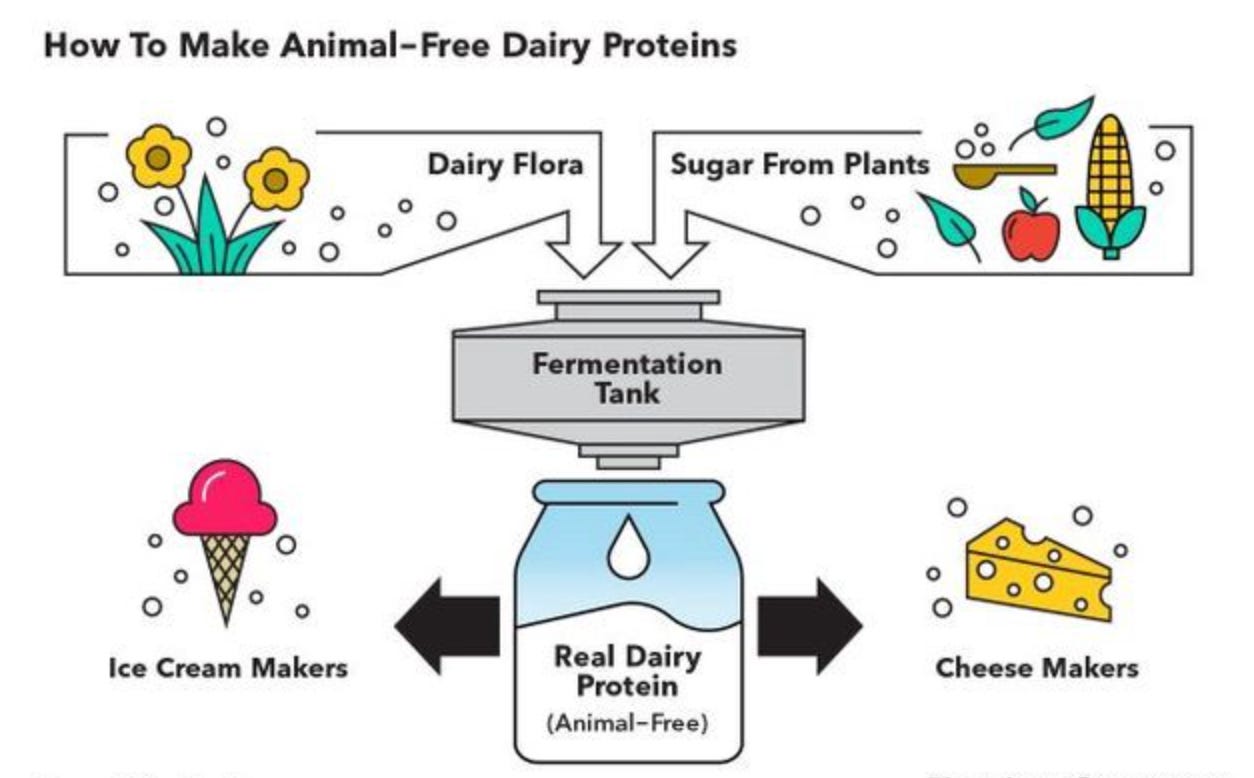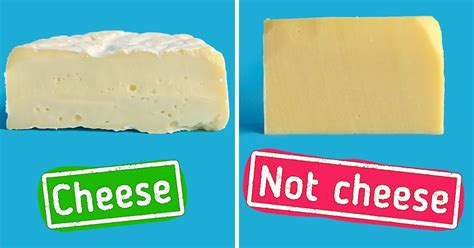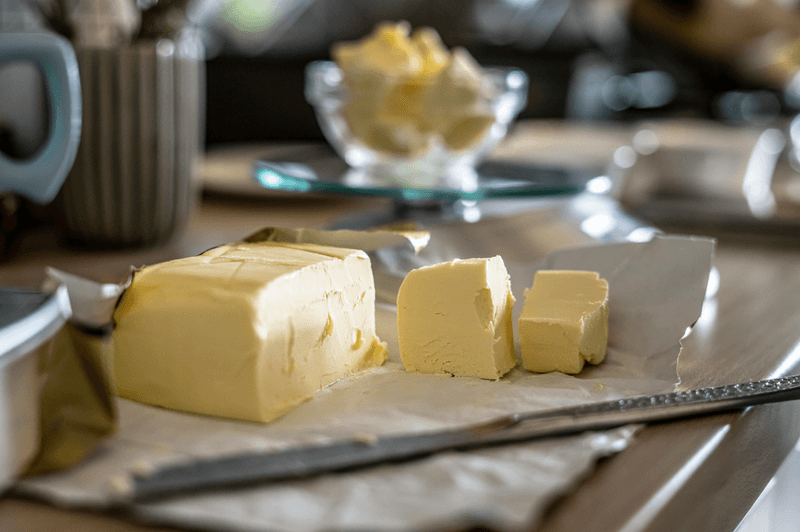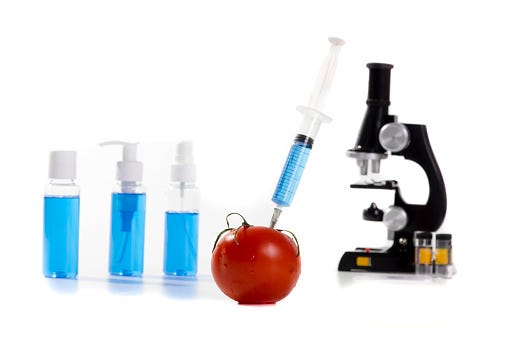In recent years, alternative food products have been marketed as healthier and more sustainable than traditional counterparts. But here’s a not-so-shocking truth. Most of these foods are ultra-processed, so the health benefits disappear.
Disguised as environmental and health saviors, plant-based meats, genetically modified foods, and alternative dairy products may harbor unexpected health risks. Additionally, the endorsement of this industry by powerful entities like Bill Gates, the WEF, and the WHO demands a thorough investigation of health claims.
Winston Churchill predicted the rise of synthetic foods in 1931.
“We shall escape the absurdity of growing a whole chicken in order to eat the breast or wing, by growing these parts separately under a suitable medium. Synthetic food will, of course, also be used in the future.”
Plant-Based Foods
Plant-based diets are said to be associated with health benefits, such as decreased risks of heart disease, obesity, and certain types of cancer. However, these claims are tarnished by high levels of sodium, unhealthy fats, and artificial additives found in many products.
Research published in the American Journal of Clinical Nutrition compared the impacts of these protein alternatives, (plant based meat analogues) to actual meat, and the experts were not impressed. The fake meats had less protein and more unhealthy ingredients, including genetically modified organisms (GMOs), nutrient deficiencies, anti-nutrients, heavy metal contamination and pesticide residues. This proved that plant-based products overall offer little health benefits when compared to real foods. In other words, we’ve been lied to.
Lab Grown Meats
Lab-grown or cultured meats are created from animal cells in a laboratory setting. Proponents baselessly argue that this technology can reduce the environmental footprint of livestock farming, yet far more importantly, there are concerns about the horrid nutritional content, taste, and potential impact on human health.
Wildtype, a San Francisco-based company even makes cultivated salmon. This is a brand new area of food and believe it or not, approval has been granted without long-term data on the effects of consuming it over time. There are valid concerns related to the potential allergenicity and toxicity of consuming genetically modified cells. Further research and regulatory oversight will be necessary to address these concerns and ensure the safety of lab-grown meat containing GMOs.
Lab-grown meat is not currently available in a mass-produced way yet, though it soon will be. Still, the technology remains a mystery to consumers. While real meat comes from animals, lab-grown meat is grown from a petri dish, with unknown long-term health implications. The push for this technology seems driven more by profit and ideology than consumer benefit. In the end, it’s all about greed, climate idiocy, and consumer control.
Alternative Milks
The plant-based milk market is exploding, offering beverages made from seeds, nuts, legumes, grains, and blends of those ingredients, often marketed as ready replacements for the traditional choice of cow’s milk. Most believe that drinking this stuff is a better non-dairy option and billions are spent strategically marketing it as “healthy” to make sure it stays that way.
But what happens when you need to mass-produce almond milk, keep it fresh on shelves, and ensure a consistent, unique taste so every consumer gets that branded experience? The use of additives and preservatives becomes necessary.
Here’s the truth about these products: they’re highly processed, often loaded with sugar, and made using ingredients like MSG, unhealthy oils, emulsifiers and health-destroying GMOs, specifically seed oils. While they do contain cashews, they also include more chemicals than a swimming pool, while lacking the natural nutritional content found in cow's milk. To compensate, many manufacturers fortify their products with synthetic nutrients. That means 95% of commercially sold dairy alternatives are trash.
Lab-Grown Milk
In the dairy industry, consumers have long been familiar with plant-based alternatives like almond milk and cashew butter. However, a Bay Area company called Perfect Day has created their own version of real dairy proteins. Their breakthrough came from recognizing that milk proteins - specifically whey and casein - are intricately structured molecules responsible for delivering the authentic taste and texture of dairy products
This animal-free milk protein is made by harnessing the combination of microflora and genetic engineering. Cow genes are introduced into microflora, such as fungi, acting as a production factory for milk proteins. By feeding the reprogrammed microflora plant-based inputs, it’s said to produce real milk protein thought to be identical to that produced by cows.
And yet…it isn’t. It’s fake just like vitamins are fake. They’re synthetic versions of the real things and are inferior products that can harm health. Lab-grown milk is the same thing. We know nothing about its effects on the human body, yet we’re rushing into production because experts tell us it’s safe. Ask for the studies supporting this assertion, and you’ll likely be met with silence. I won’t be drinking this, and you'll be better off if you choose to avoid it as well.
Synthetic Cheeses
The world of cheese is fraught with deception. Two primary forms of cheese fraud are blatant mislabeling and outright adulteration.
Fake (synthetic) cheese, often labeled as imitation cheese or cheese analogue, is a manufactured product designed to replicate the taste and texture of real cheese. Typically composed of vegetable oils like palm or sunflower, food colorings, emulsifiers, and artificial flavors, it undergoes processing to mimic the appearance and mouthfeel of dairy cheese. While it may look and feel similar, its nutritional profile and flavor can dramatically differ from authentic cheese.
The synthetic cheeses are created with a combination of starches and thickening agents to create a similar texture to the real thing but without containing a single ounce of dairy product.
These imitation processed cheeses are often used in the food industry for their cost-effectiveness, shelf life, and consistent melting behavior. You can find them in fast-food restaurants, frozen meals, and snack foods. I would hate to think how much of this stuff is used on commercial pizzas.
How To Distinguish Real Cheese From Fake
Look at the price - Natural cheese will cost more than a cheese product.
Read the label - Always read the packaging carefully. If you see the words “cheese product” on it, it’s not real cheese.
Study the ingredients - Natural cheese always has a simple and short list of ingredients. Cheese products contain emulsifiers, preservatives, and other unwanted additives.
Check the ingredients for the presence of milk fat substitutes.
They are only used in cheese analogues and various cheese products.
Lab Made Butter
Bill Gates-backed startup Savor is pioneering a method to produce butter. By harnessing carbon dioxide and water, they've developed a process to create synthetic fat that closely resembles real butter. This approach eliminates the need for livestock, reducing the environmental impact associated with traditional dairy production.
However, the composition of these synthetic fats, particularly their molecular structure and potential byproducts, needs thorough investigation. Additionally, the absence of naturally occurring nutrients found in dairy butter could raise nutritional concerns. As with any new food product, careful evaluation of its impact on human health is essential before widespread consumption.
Vaccine Vegetables
One interesting use of GMO technology is the development of "vaccine vegetables," which are crops genetically engineered to produce proteins that can act as vaccines against certain diseases.
While the concept of vaccine-infused vegetables is said to promise increased accessibility, affordability, and stability for vaccinations, profit motives may ultimately overshadow these public health benefits. By engineering plants to produce vaccine proteins, pharmaceutical companies can circumvent the challenges of traditional vaccine distribution, such as the need for refrigeration and specialized equipment. This approach offers a potential revenue stream while also providing a method for widespread vaccination through a basic human necessity: food.
At the moment, vaccine vegetables are still in the experimental stage and will require further research, testing, and regulatory approval before they can be widely used. Given some of the horrors that have already been approved, there should be no doubt this one is in the works. In the deadly race to the bottom, our desire for food that’s fast, cheap, and abundant only compounds the speed with which we are introduced to new, untested substances.
Bottom Line
The new utopia of fake foods is supposed to present a vision of a more sustainable and healthier future. In reality, it reveals it’s a front for the climate scam while causing increasing harm to consumer’s health.
We are misled through nutritional value, synthetic and harmful additives, or unnatural content. Ask questions about where your food comes from. Support farmers and ranchers who care about healthy foods. Grow and raise what you can to be self-reliant. Only you’re in charge of your health. Become educated and become aware!
Your presence here is greatly valued. If you've found the content interesting and useful, please consider supporting it through a paid subscription. While all our resources are freely available, your subscription plays a vital role. It helps to cover some operational costs and supports the continuation of this independent, unbiased research and journalism work. Please make full use of our free library.
If shy about commitments, feel free to leave a one-time tip!






